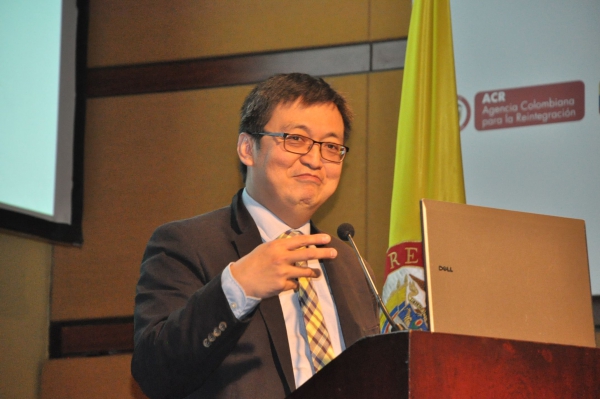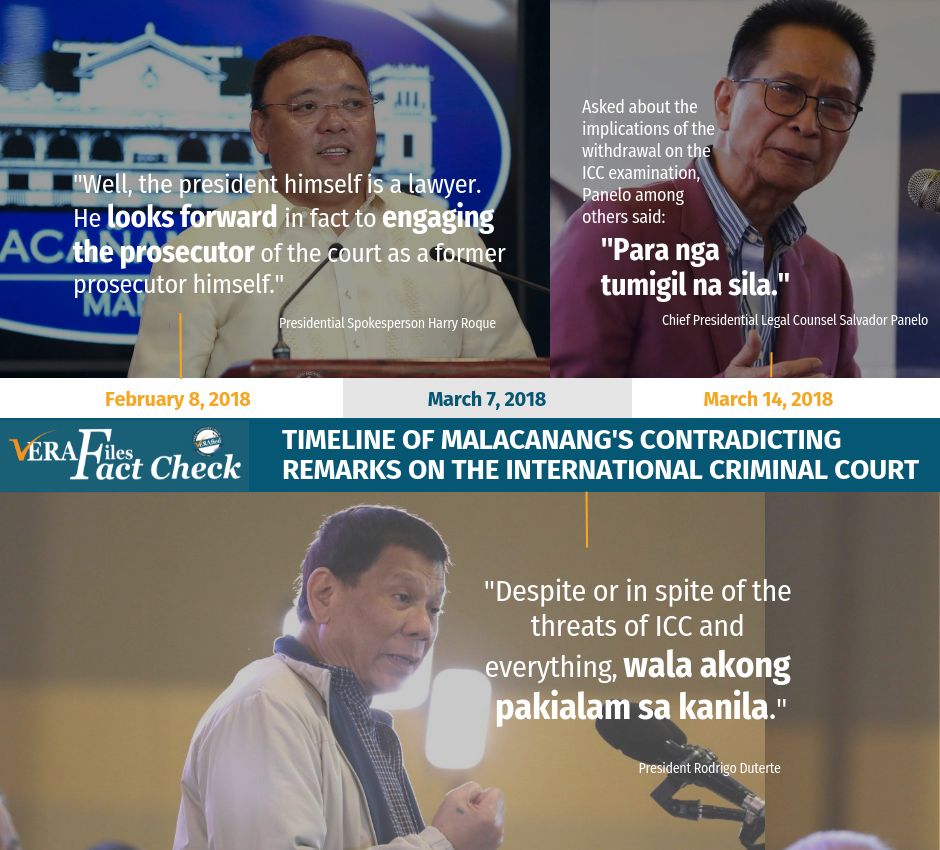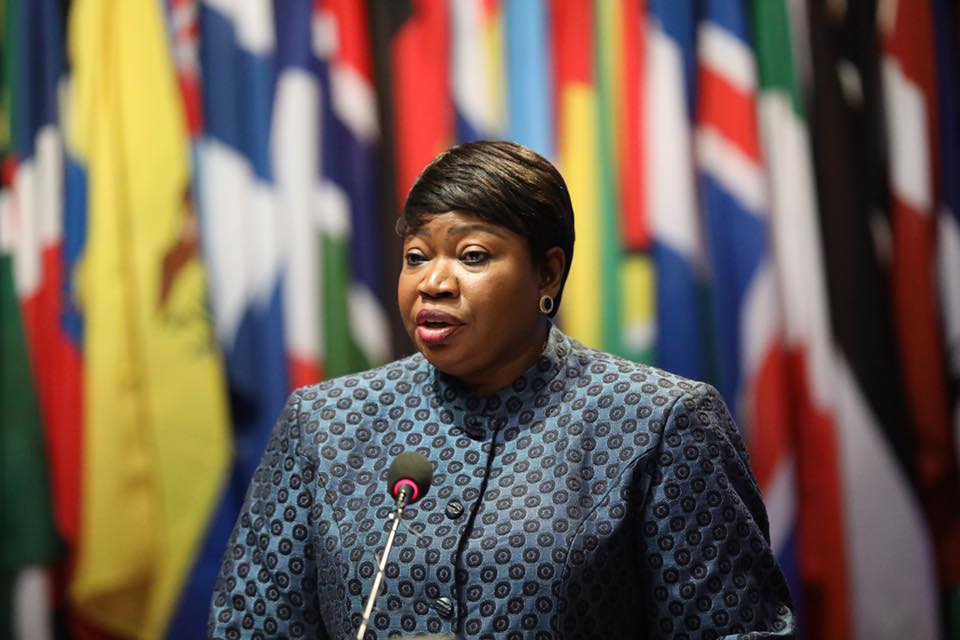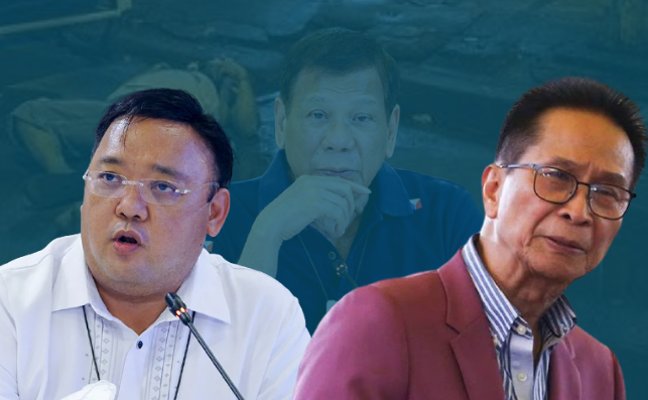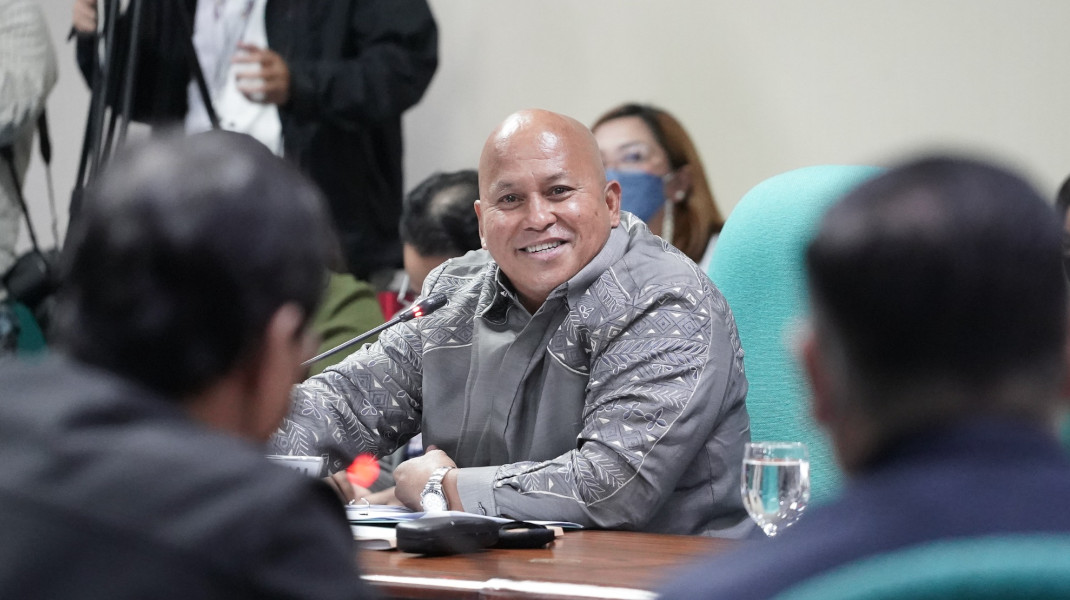A top official at an international human rights group slammed Palace Spokesperson Harry Roque for saying the International Criminal Court’s (ICC) preliminary examination on the killings linked to President Rodrigo Duterte is a “waste of the Court’s time and resources.”
Lawyer Ruben Carranza, reparations program director at the International Center for Transitional Justice (ICTJ), said in a Facebook post Feb. 9 that Roque’s claim is “factually wrong.”
“No time nor resources are wasted when the prosecutor has only started to conduct a preliminary examination which, in the first place, is her job,” he said, referring to ICC prosecutor Fatou Bensouda who announced Feb. 8 opening a preliminary examination on reports of mass murder allegations against Duterte.
Roque in an earlier press briefing said the president welcomes the examination, and is more than willing to argue his case before the court. (See Duterte ready to face ICC, Malacañang says)
He, however, also said: “We view of course this decision of the prosecutor as a waste of the Court’s time and resources.”
Carranza said describing the ICC probe as a waste of time is “legally inconsistent” with the president’s stance to investigate the killings.
“Determining accountability and rendering justice is not and can never be a waste of time,” he added.
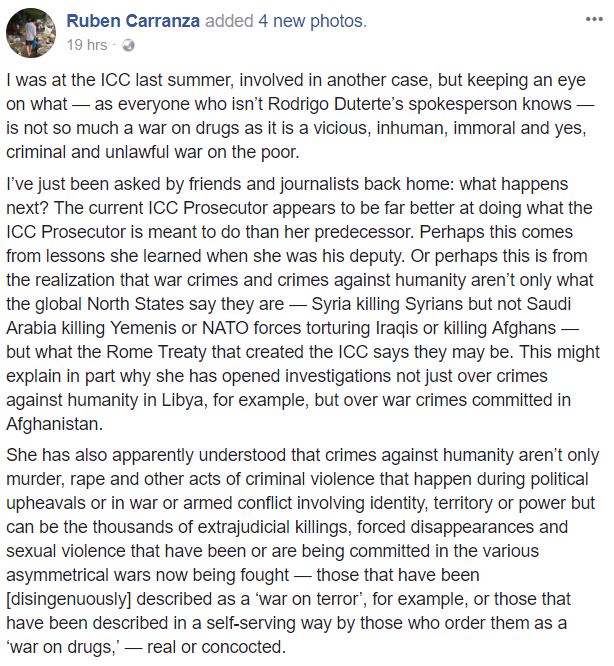
Screen grab of Ruben Carranza’s Facebook post.
The Philippines became the 117th State Party to the Rome Statute of the ICC in 2011. Republic Act 9851 or the Philippine Act on Crimes Against International Humanitarian Law, Genocide, and Other Crimes Against Humanity was signed in 2009 to implement the country’s obligations.
Roque said the ICC is “a court of last resort,” which means it will not exercise jurisdiction unless the domestic court is unwilling to probe crimes, citing a complaint on the drug war killings pending before the Office of Ombudsman.
If the ICC determines a reasonable basis to proceed with an investigation, it can proceed with investigations, followed by analysis and preparation, and finally, court proceedings.
Roque said the president sees the probe as an opportunity to say the case is not under the ICC’s jurisdiction.
Bensouda in her announcement clarified “a preliminary examination is not an investigation but a process of examining the information available in order to reach a fully informed determination on whether there is a reasonable basis to proceed with an investigation pursuant to the criteria established by the Rome Statute.”
The ICC considers crimes against humanity, which are serious violations committed as part of a large-scale attack against a civilian population, as among the “the gravest crimes of concern to the international community.”
“Whether these killings fit a pattern and whether that pattern constitutes a crime against humanity is precisely what the ICC Prosecutor will look into,” Carranza said.
As early as October 2016, Bensouda had already announced her office was monitoring reports of alleged extrajudicial killings in the country..
Carranza said the likely crime to be charged is “crime against humanity of murder,” saying while Duterte is immune from suits under national law, the protection does not hold water under the ICC treaty. (See VERA FILES FACT CHECK: ICC can strip off Duterte’s immunity)
“The obligation to cooperate with the ICC prosecutor means Duterte cannot fall back—and be the one wasting time—on his senseless dares to those seeking to investigate these killings to debate with or confront him,” Carranza added.
He outlined the process at the ICC:
“At the initial stage of this ‘preliminary examination,’ the Prosecutor will be asking if the crimes alleged are ‘manifestly’ outside the ICC’s jurisdiction or whether they are already being examined, investigated or prosecuted at the ICC. To me at least, those questions aren’t very difficult to answer — although it is important to note that the Prosecutor says she is specifically looking at the period since July 1, 2016, when Duterte became President. That doesn’t mean that drug-related extrajudicial killings in Davao City when Duterte was mayor there are irrelevant; it only means that the Prosecutor is, can and will be looking at information beyond the communications publicly known to have been submitted to her office so far. This initial part of a preliminary examination shouldn’t take long. It’s main purpose is for the Prosecutor to see the ‘seriousness’ of the information she received or will be gathering.
“When she considers the allegations serious enough and not manifestly outside the ICC’s jurisdiction, she will then begin to examine — still at this preliminary examination stage — whether the alleged crimes are within the ICC’s jurisdiction. She will focus on whether these crimes have been carried out on a large scale and as part of a plan or a policy. In other words, she will ask whether the number of extrajudicial killings committed since Rodrigo Duterte became President are so unusually high and could be part of a systematic plan of policy. If she finds that they are, she will then examine the question of ‘complementarity’ [a question that normally deserves a longer discussion and which will likely become the central argument by which Duterte will prolong the possibility of an investigation or trial] — whether there is a domestic investigation being done in good faith — and determine the ‘gravity’ of these crimes.
“That could then lead to what in my opinion will be the most important question that the Prosecutor will ask: whether it is ‘in the interest of justice’ that the Court step in, regardless of the claims of Rodrigo Duterte that he is either NOT ordering poor Filipinos to be killed OR that he is NOT AFRAID of being held to account for ordering these killings. In fact, Duterte doesn’t even have to make sense or make up his mind or be dishonest or truthful to himself or to his own people for the preliminary examination to proceed. It is and will be done, regardless of what he or those representing him say and it is being done because — offhand — it appears to the ICC Prosecutor that massive, systematic and large-scale injustices have been committed and some form of criminal accountability is called for.
“Remember that the likely crime to be charged, if it gets to that point, is the Crime against Humanity of Murder — as defined by the treaty creating the ICC. “
Carranza also said three points may become significant:
- that there is a Philippine law that adopts and ‘domesticates’ the ICC treaty and thus makes the crime against humanity of murder — and not simply murder or extrajudicial killing — a domestic crime [none of the cases before the Philippine Supreme Court and, as far as I know, the Ombudsman, involving these extrajudicial killings are based on this crime];
- the incumbent President appears to be immune from prosecution for that crime — the crime against humanity of murder based on that Philippine law before a Philippine court — but not for the crime against humanity of murder under the ICC treaty and at the ICC; and
- as the Prosecutor warned in an October 2016 press statement, she could include in this examination other ‘high officials’ of the Philippine government involved in ‘ordering, requesting, encouraging or contributing’ to crimes against humanity.
